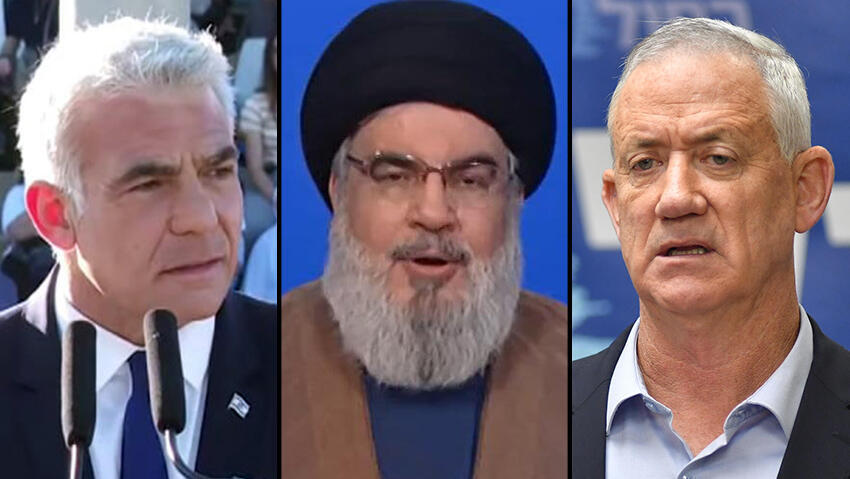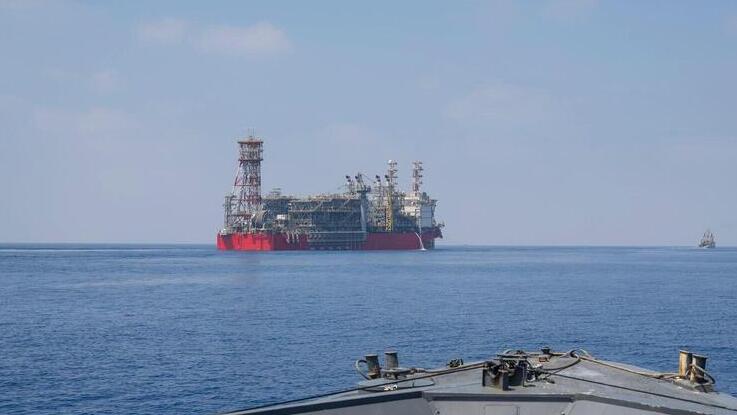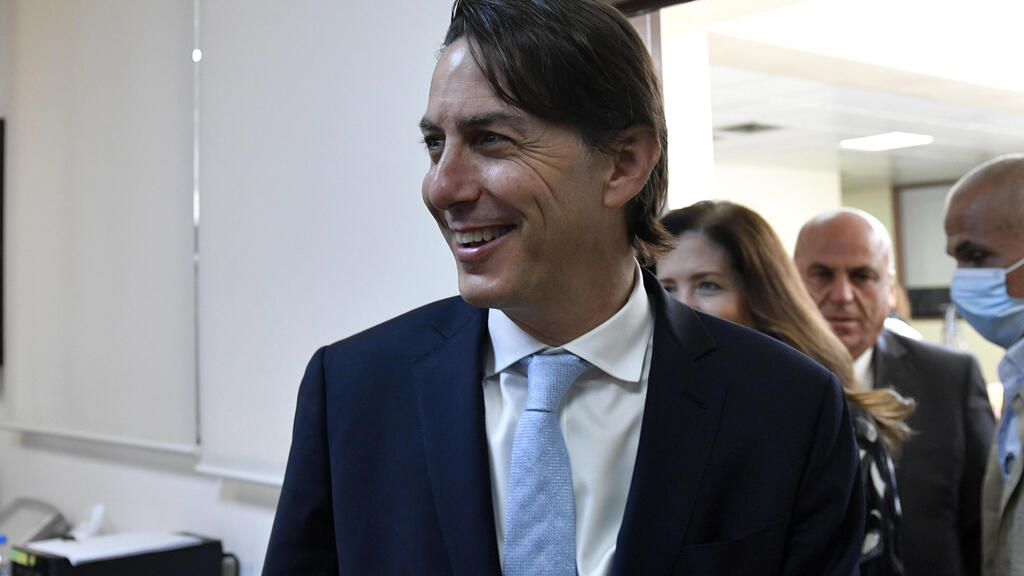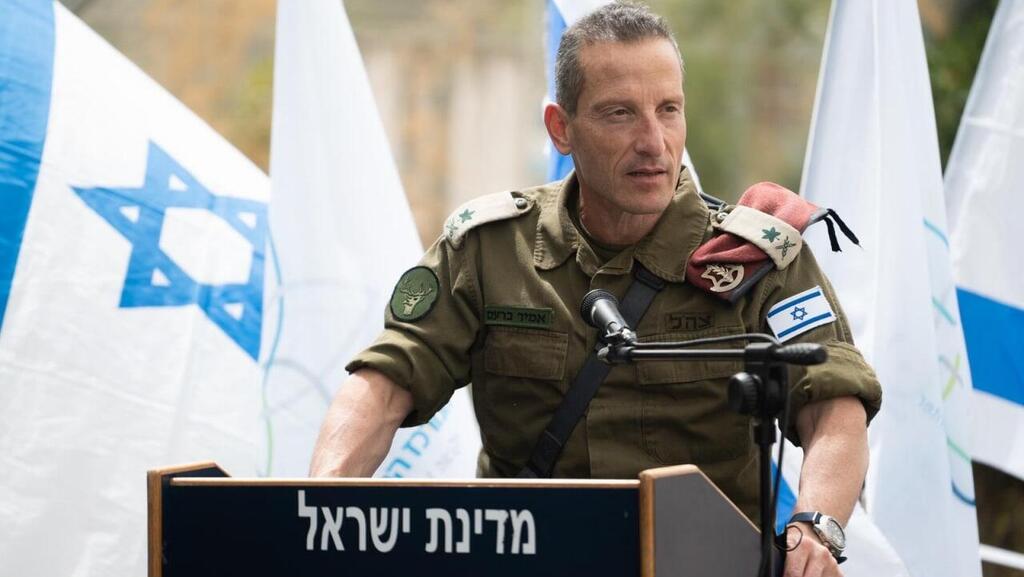The hostile speeches by Hezbollah' Secretary-General Hassan Nasrallah have been increasing in frequency, and it is making the Israeli security establishment uneasy.
Lebanon and Israel are currently in the midst of ongoing maritime border talks over the Karish gas field. Israel says it lies within its internationally recognized economic waters, while Lebanon says it is located in disputed territory.
4 View gallery


Yair Lapid, Hassan Nasrallah, Benny Gantz
(Photo: The IDF Spokesperson's Unit, Yoav Dudkevitch)
A peaceful resolution to this dispute would benefit both countries economically and according to U.S. mediators, Lebanese officials are interested in resolving it. Hezbollah, however, is not comfortable with this resolution.
"A deal without war is preferable," said Defense Minister Benny Gantz this week, and he's right. Putting civilians on the line to pay the price would be a shame.
Still, the Northern Command of the Israeli Air Force and the Navy began to prepare for potential confrontation on the northern front.
Even if Nasrallah claims to limit the potential war over the gas field to a single day, and even if Israel claims to be uninterested in war, the intensity of a potential military conflict between the two sides will be much greater than what we've become accustomed to during IDF's campaigns in Gaza. It will be difficult for Israel to control the situation once shots are fired, and an all-out war, which both sides are trying to avoid, might be inevitable.
The biggest challenge as of now is configuring how and when to put a stop to the exponential escalation. Thus, the security establishment is currently focused on preparing defensive tactics to all potential developments. Among the possible scenarios is a preemptive strike by Israel to thwart a concrete threat.
The recent flare-up in Gaza, dubbed Operation Breaking Dawn, ended a mere two weeks ago. While the campaign was widely acclaimed for what it has achieved, it's also clear that it took place under ideal conditions: against one rival, who happened to be very weak when isolated on the battlefield. We must remember that if the Islamic Jihad would have done anything differently, it's very likely that Israel's strategic policies and deterrence would have unraveled and yielded less satisfactory results, to say the least.
An operation against Hezbollah, however, would be a very different story. The Iran-backed terror organization has managed to strengthen itself significantly since the 2006 Lebanon War. Therefore, if this round of fighting does come upon us, the IDF will have to respond with force proportionate to its enemy's abilities, in order to get back the deterrence and avoid additional confrontations in the near future.
In the meantime, everyone is waiting for September, when America's mediating team, headed by diplomat Amos Hochstein, arrives in the region for another round of maritime border talks. He is expected to table the final proposal, which the two countries are expected to accept. However, if Nasrallah has something up his sleeve for this visit, the cards would have to be reshuffled.
This may sound familiar, given three years ago, in early September, Hezbollah fired an anti-tank missile at an IDF vehicle following an Israeli operation in Lebanon.
If we want to more accurately calculate the chances for a war, it is worth looking closely at who will replace IDF's Northern Command chief Amir Baram, scheduled for September 11.
From past experience, when the army estimates that there will be a flare-up on the northern front, they postpone the date for when the replacement is set to take over. This was the case, for example, before the attack on the nuclear reactor in Syria in 2007.
If this time too, the date is postponed, it would indicate how seriously the IDF is taking Nasrallah's outbursts, which are as brazen as they were back in 2006.




